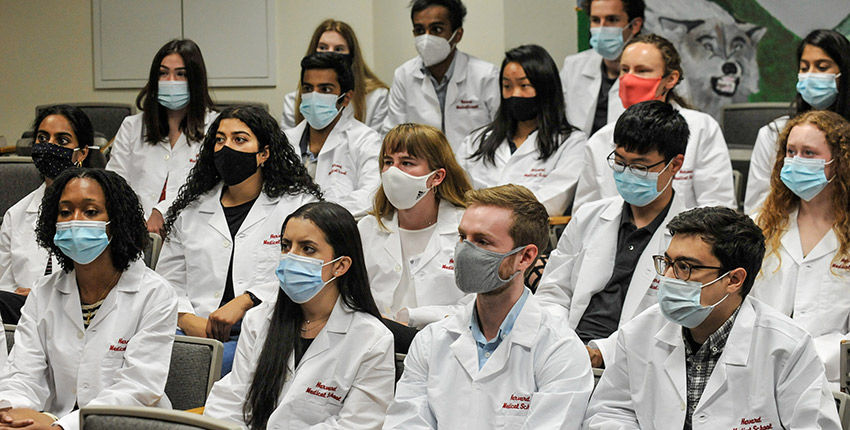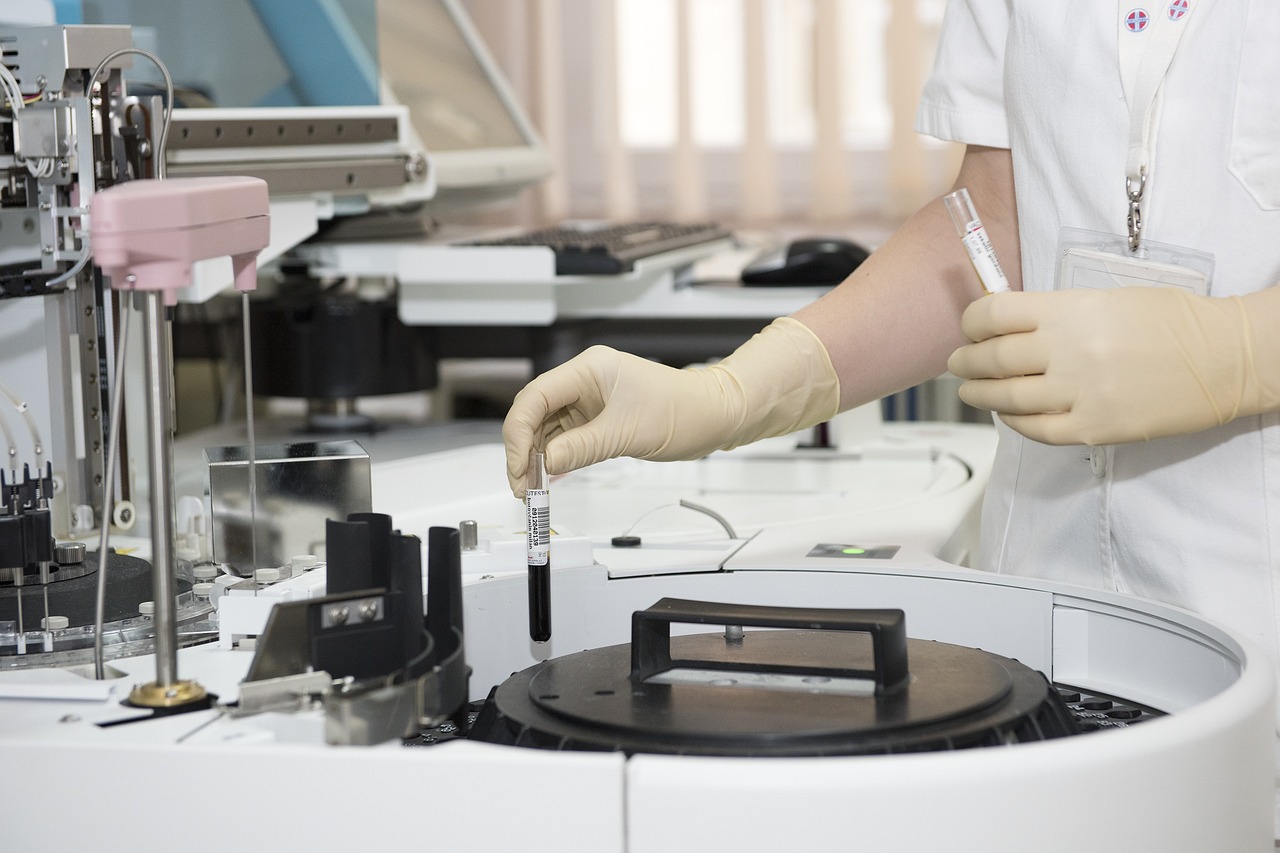Table of Contents
The journey from medical school to medical practice is a transformative and challenging one. Medical professionals embark on a path filled with rigorous education, demanding training, and countless sacrifices. This article delves into the multifaceted journey of medical professionals, highlighting the steps, challenges, and rewards they encounter as they transition from the hallowed halls of medical school to the front lines of healthcare practice.
The path from medical school to medical practice is a profound and arduous journey, marked by a relentless pursuit of knowledge and a deep commitment to the well-being of others. Medical professionals undergo a transformative process that shapes them into competent and compassionate caregivers. This article aims to provide insights into the multifaceted journey of these dedicated individuals, shedding light on the steps, challenges, and rewards that define their transition from the hallowed halls of medical school to the front lines of healthcare practice.
Step 1: Academic Rigor Medical education begins with a rigorous academic curriculum that covers the fundamentals of biology, chemistry, anatomy, and physiology. Aspiring physicians and healthcare providers spend years in classrooms and laboratories, absorbing an immense volume of information. This phase requires unwavering dedication, long hours of study, and a commitment to mastering complex scientific concepts.
Step 2: Clinical Training After the foundational academic phase, medical students transition to clinical training. Here, they enter hospitals and healthcare facilities to gain hands-on experience. They learn the art of patient care, diagnostic skills, and the intricacies of medical procedures. It’s during this phase that they witness the real-world impact of illness and the human side of medicine.
Step 3: Residency and Specialization Upon completing medical school, graduates often enter residencies, where they receive specialized training in their chosen fields. Residencies can last several years and are characterized by long hours, on-call responsibilities, and continuous learning. It’s a demanding phase that sharpens clinical skills and prepares them for the complexities of medical practice.
Step 4: Licensure and Certification Medical professionals must obtain licensure and certification to practice legally. This involves passing rigorous exams that test their medical knowledge and clinical competence. These credentials ensure that healthcare providers meet the highest standards of patient care.
Challenges Along the Way The journey is not without its challenges. Medical professionals face substantial financial investments, immense pressure to excel academically, and often grueling work hours. They witness human suffering and confront ethical dilemmas. Balancing personal life with professional commitments can be daunting, leading to burnout for some.
Rewards and Fulfillment Despite the challenges, the journey offers profound rewards. Medical professionals have the privilege of making a tangible difference in the lives of patients. The relationships they build with patients and the satisfaction of solving medical puzzles bring a sense of purpose and fulfillment. Moreover, the continuous learning inherent to medicine keeps their minds engaged and their passion ignited.
In conclusion, the journey from medical school to medical practice is a transformative odyssey marked by dedication, perseverance, and an unwavering commitment to the well-being of others. While the path is challenging, the rewards are immeasurable. Medical professionals emerge from this journey as highly skilled caregivers, ready to make a positive impact on the lives of their patients and the field of healthcare as a whole.
To delve further into this matter, we encourage you to check out the additional resources provided here: Case Management – StatPearls – NCBI Bookshelf
The Foundation: Medical School
Medical school is the initial step in the journey of a medical professional. It is a time of intensive learning and preparation, where aspiring doctors immerse themselves in the intricacies of human anatomy, physiology, pharmacology, and medical ethics. The rigorous curriculum, long hours of study, and grueling exams are the crucible in which medical knowledge and expertise are forged.
During this phase, students also develop the essential skills of clinical reasoning and patient interaction. They learn the art of diagnosis, treatment, and the importance of compassionate care. The experiences gained in medical school lay the foundation for their future careers and shape their approach to patient care.
To delve further into this matter, we encourage you to check out the additional resources provided here: The New Old (and Old New) Medical Model: Four Decades …

Upon graduating from medical school, aspiring doctors enter the next phase of their journey
residency. This is a period of intense specialization, where medical professionals work under the guidance of experienced mentors and engage in hands-on patient care. Residency programs can last several years, depending on the chosen specialty, and require dedication and resilience.
During residency, medical professionals acquire invaluable practical skills, fine-tuning their clinical abilities. They are exposed to a wide range of medical cases, enabling them to become experts in their chosen field. This phase also involves long hours, sleepless nights, and the relentless pursuit of medical excellence.
Residency. This is a period of intense specialization, where medical professionals work under the guidance of experienced mentors and engage in hands-on patient care. Residency programs can last several years, depending on the chosen specialty, and require dedication and resilience. During residency, medical professionals acquire invaluable practical skills, fine-tuning their clinical abilities. They are exposed to a wide range of medical cases, enabling them to become experts in their chosen field. This phase also involves long hours, sleepless nights, and the relentless pursuit of medical excellence.
However, the journey through residency is not just about the acquisition of medical knowledge and skills; it’s also a profound personal and professional transformation. It’s during this time that the seeds of lifelong learning and dedication to patient care are sown deep within the hearts of these medical professionals.
One of the most notable aspects of residency is the sense of camaraderie that develops among residents. These young doctors, often referred to as “residents,” form a tight-knit community, sharing the triumphs and tribulations of their medical journeys. They become each other’s pillars of support, as they navigate the challenges of long shifts, complex patient cases, and the emotional toll that comes with caring for the sick and vulnerable. This camaraderie not only fosters teamwork but also imparts a deep sense of empathy, which is crucial in the practice of medicine.
Residency is also a period of rapid decision-making and the development of critical thinking skills. Residents are constantly faced with clinical puzzles and ethical dilemmas, which they must navigate with poise and sound judgment. They learn to adapt swiftly to changing circumstances, making split-second decisions that can have life-changing implications for their patients.
Moreover, the experiences gained during residency go beyond the hospital walls. Many residents work in underserved communities, where they witness firsthand the impact of social determinants of health. This exposure to healthcare disparities and inequities fuels a commitment to advocacy and a desire to bridge gaps in access to care. It reinforces the idea that medicine is not just a profession but a calling to serve the greater good.
Residency is also a time of self-discovery. As they confront the demands of their chosen specialty and experience the full spectrum of human suffering and recovery, residents often reflect deeply on their own values and motivations. They grapple with the ethical complexities of medicine, honing their integrity and compassion. This period of introspection shapes not only their clinical competence but also their character as future physicians.
In conclusion, residency is much more than a phase of professional training; it’s a transformative journey that molds medical professionals into the healers and caregivers society needs. It instills a profound sense of responsibility, empathy, and resilience, and fosters the development of both clinical expertise and personal growth. The dedication and sacrifices made during this time are not only a testament to the commitment of these individuals to the field of medicine but also a vital step in ensuring the well-being of patients and the future of healthcare.
Looking for more insights? You’ll find them right here in our extended coverage: MD Program Admissions VCU School of Medicine – Richmond

Board Certification: The Mark of Expertise
Board certification is the culmination of years of education and training. It signifies that a medical professional has met the rigorous standards set by their specialty board, demonstrating their expertise and competence in their chosen field. Achieving board certification is a significant milestone, as it opens doors to career opportunities and instills trust in patients.
Board certification is not just a piece of paper; it represents the pinnacle of a medical professional’s dedication and expertise. It is the result of years of relentless commitment to the practice of medicine, honing their skills, and constantly striving for excellence.
One of the most remarkable aspects of board certification is that it demonstrates a medical professional’s willingness to undergo rigorous evaluation and continuous learning. The process of obtaining board certification often involves comprehensive examinations, peer reviews, and ongoing education requirements. This commitment to self-improvement benefits not only the medical professional but also the patients they serve.
Furthermore, board certification holds immense value in the eyes of healthcare institutions, employers, and fellow professionals. It is a mark of distinction that sets certified individuals apart in a highly competitive field. Hospitals and healthcare organizations often prioritize hiring board-certified professionals, recognizing that they bring a higher level of expertise and a commitment to maintaining the highest standards of care.
Patients also place great trust in board-certified medical professionals. When a patient sees that their doctor or healthcare provider is board-certified, it instills confidence in the quality of care they will receive. Patients understand that board certification represents a commitment to upholding the best practices and delivering the best possible outcomes.
Achieving board certification is a significant accomplishment that opens doors to various career opportunities. Many specialties require board certification for advancement, leadership roles, and teaching positions within academic institutions. It can also lead to involvement in cutting-edge research and advancements in the medical field.
As medicine continues to evolve and healthcare becomes increasingly complex, board certification remains a steadfast symbol of competence and dedication. Medical professionals who hold board certification not only serve as beacons of excellence but also inspire future generations of healthcare providers to aspire to the highest standards of care and professionalism. It is a testament to the enduring commitment of medical professionals to the well-being of their patients and the advancement of medical science.
For additional details, consider exploring the related content available here 10 Tips on Getting Into Med School | Pre-Health Professions …

The Transition to Practice: Challenges and Rewards
Transitioning from the structured environment of residency to independent practice can be both exciting and daunting. Medical professionals must navigate the intricacies of healthcare systems, adapt to evolving medical technologies, and maintain the highest standards of patient care. They often face the challenges of administrative tasks, insurance regulations, and the complexities of healthcare financing.
However, the rewards of medical practice are immeasurable. Medical professionals have the privilege of making a meaningful difference in patients’ lives, alleviating suffering, and saving lives. They build lasting relationships with their patients, earning their trust and gratitude. Moreover, they continue to learn and grow throughout their careers, staying updated on medical advancements and honing their skills.
Should you desire more in-depth information, it’s available for your perusal on this page: The New Old (and Old New) Medical Model: Four Decades …

A Lifelong Journey of Dedication
The journey from medical school to medical practice is an enduring commitment to the pursuit of knowledge, excellence, and the betterment of human health. It is a path marked by challenges, sacrifices, and immense rewards. Medical professionals dedicate their lives to the service of others, carrying the torch of healing and compassion throughout their careers. As they navigate this remarkable journey, they remain steadfast in their commitment to improving the well-being of individuals and communities, making the world a healthier place one patient at a time.
nullDon’t stop here; you can continue your exploration by following this link for more details: Welcome to JAMP!
More links
Don’t stop here; you can continue your exploration by following this link for more details: Homepage – Vanguard Med Group
